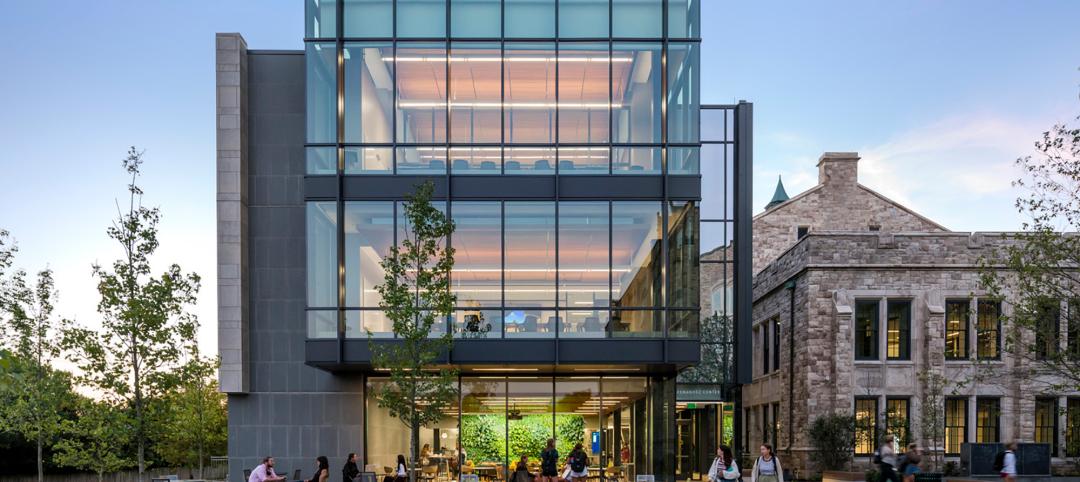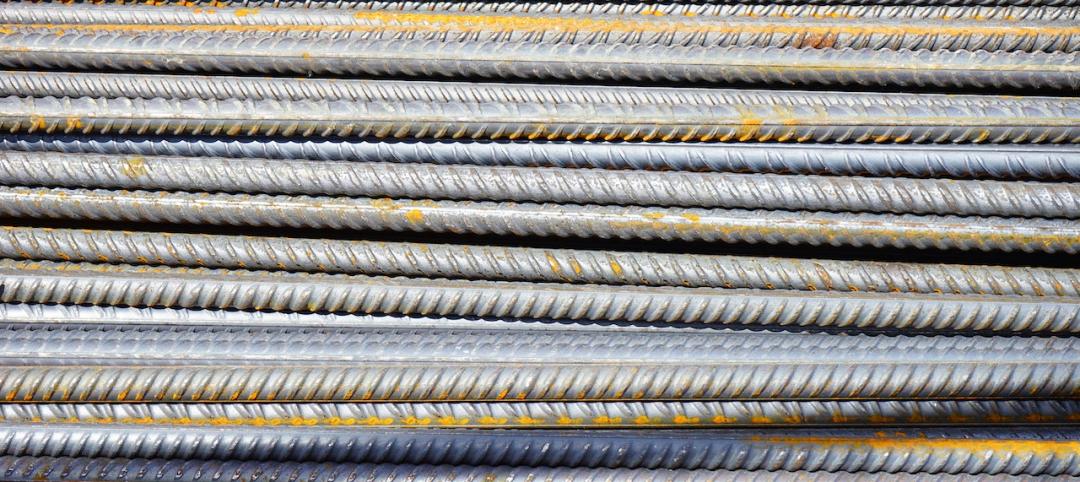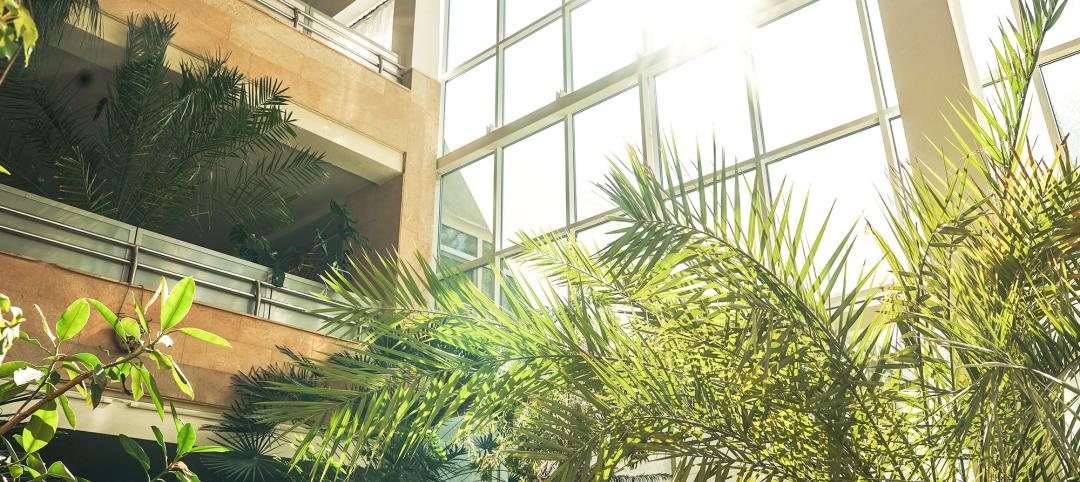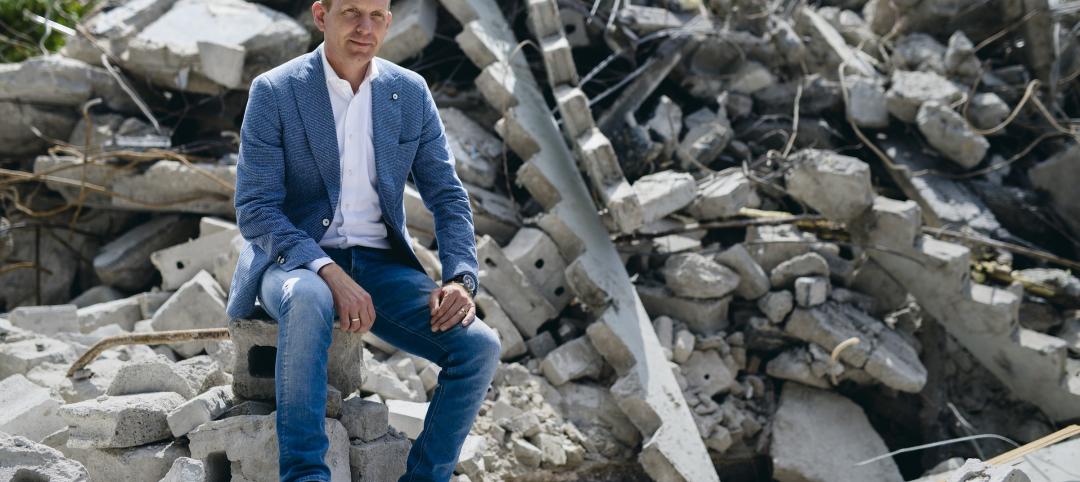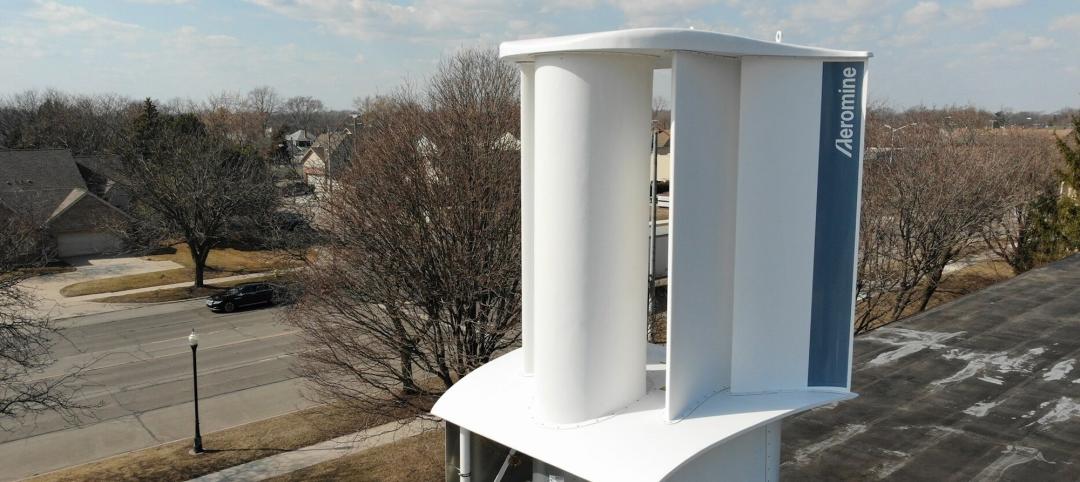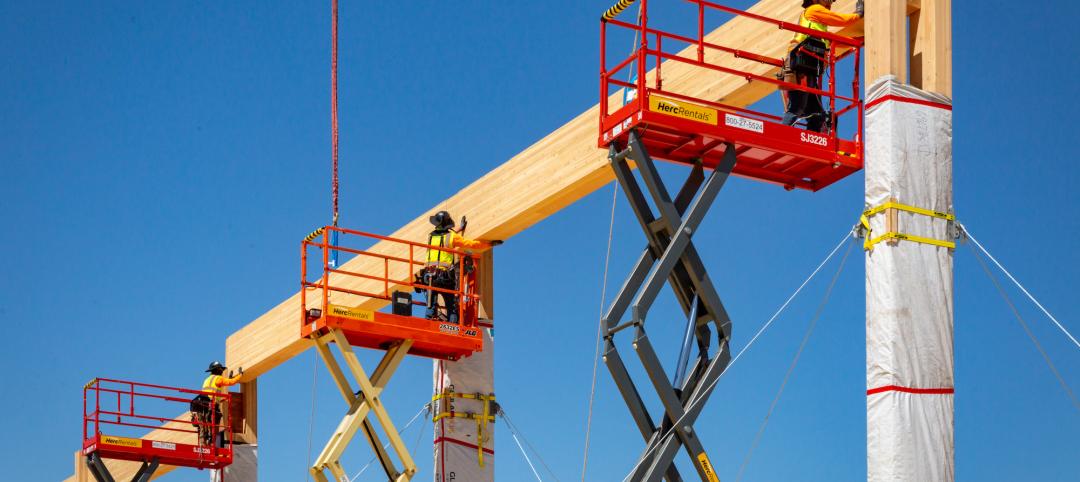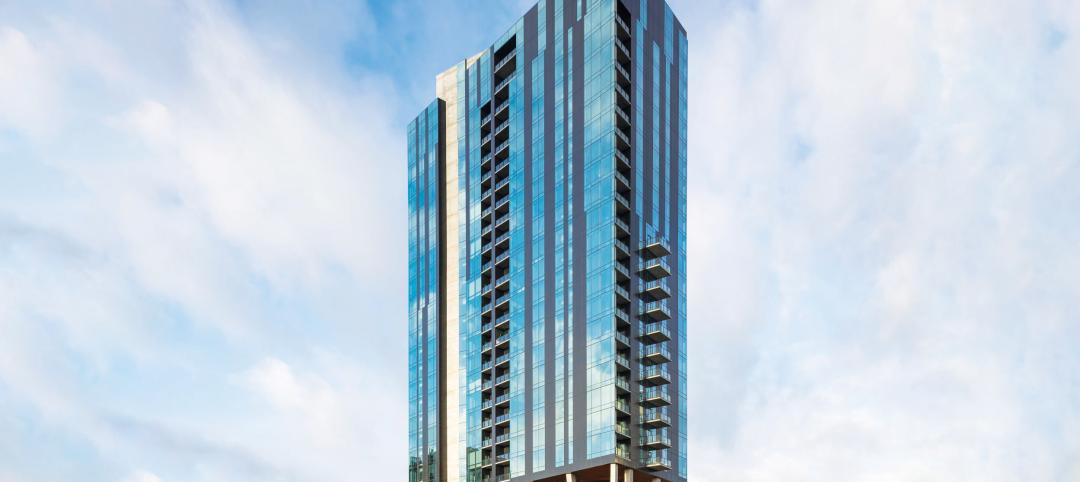CHATTANOOGA, Tenn. — BlueCross BlueShield of Tennessee announced today its certification as a LEED Gold campus, established by the U.S. Green Building Council and verified by the Green Building Certification Institute (GBCI). LEED is the nationally accepted benchmark for the design, construction and operation of high-performance green buildings.
BlueCross’ headquarters, totaling 950,000 square feet of office space, is the largest LEED Gold corporate campus in Tennessee, and the second largest in the nation.
To earn LEED certification, performance measurements must be achieved in five key areas of environmental and human health: sustainable site development, water savings, energy efficiency, materials selection and indoor environmental quality.
According to Bob Worthington, chief strategy officer for BlueCross, the desire from the beginning was to incorporate certain sustainable design attributes in the new corporate campus.
“Our master planning goals always included sustainability, innovation and wellness,” said Worthington. “That translates into not only better controlling cost and increased efficiency, but it also means transforming our work environment to better meet the needs of our employees, members and the health care community.”
The Cameron Hill campus:
- Reduces energy costs by more than 20 percent or $265,000 annually than if the project had been built to minimum code standards.
- Saves 20 million gallons of water annually by using ultra low-flow plumbing fixtures, a water-efficient irrigation system and low water-use plants.
- Improves indoor air quality for employees by employing an underfloor air distribution system and specifying ventilation rates that are 30 percent higher than required by code.
- Decreases storm water runoff by 15 percent.
- Reduces global warming impacts and ozone depletion through the use of a more efficient cooling system that doesn’t use ozone depleting chemicals.
“BlueCross’ LEED certification demonstrates tremendous green building leadership,” said Rick Fedrizzi, President, CEO and founding chair, U.S. Green Building Council. “The urgency of USGBC’s mission has challenged the industry to move faster and reach further than ever before, and BlueCross serves as a prime example of just how much we can accomplish.”
Major partners responsible for the BlueCross corporate campus include architectural firms Duda/Paine, headquartered in Durham, N.C.; HKS, headquartered in Dallas, Texas; Artech Design Group, headquartered in Chattanooga, Tenn; tvsdesign in Atlanta, Ga.; Tune Design in Chattanooga, Tenn. and HGOR, a planning and landscaping design firm out of Atlanta, with local partnership from Sawyer Landscaping.
Green Building Services in Portland, Ore. served as the LEED consultant on the project.
Skanska, a world leader in green construction, along with EMJ Corporation and H.J. Russell & Company, served as the construction management team. Jones Lang LaSalle, formerly The Staubach Company, a national real estate consulting firm with significant LEED experience, served as the project manager for the entire building process.
About BlueCross
BlueCross BlueShield of Tennessee offers its customers peace of mind through affordable solutions for health and healing, life and living. Founded in 1945, the Chattanooga-based company is focused on reinventing the health plan for its 3 million members in Tennessee and across the country. Through its integrated health management approach, BlueCross provides patient-centric products and services that drive health improvement and positively impact health care quality and value. BlueCross BlueShield of Tennessee Inc. is an independent licensee of the BlueCross BlueShield Association. For more information, visit the company's Web site at www.bcbst.com.
About USGBC
The Washington, D.C.-based U.S. Green Building Council is committed to a prosperous and sustainable future for our nation through cost-efficient and energy-saving green buildings. With a community comprising 78 local affiliates, more than 20,000 member companies and organizations, and more than 100,000 LEED Accredited Professionals, USGBC is the driving force of an industry that is projected to soar to $60 billion by 2010. The USGBC leads an unlikely diverse constituency of builders and environmentalists, corporations and nonprofit organizations, elected officials and concerned citizens, and teachers and students. Buildings in the United States are responsible for 39% of CO2 emissions, 40% of energy consumption, 13% water consumption and 15% of GDP per year, making green building a source of significant economic and environmental opportunity. Greater building efficiency can meet 85% of future U.S. demand for energy, and a national commitment to green building has the potential to generate 2.5 million American jobs.
Related Stories
Adaptive Reuse | Jul 6, 2023
The responsibility of adapting historic university buildings
Shepley Bulfinch's David Whitehill, AIA, believes the adaptive reuse of historic university buildings is not a matter of sentimentality but of practicality, progress, and preservation.
Apartments | Jun 27, 2023
Dallas high-rise multifamily tower is first in state to receive WELL Gold certification
HALL Arts Residences, 28-story luxury residential high-rise in the Dallas Arts District, recently became the first high-rise multifamily tower in Texas to receive WELL Gold Certification, a designation issued by the International WELL Building Institute. The HKS-designed condominium tower was designed with numerous wellness details.
Building Materials | Jun 14, 2023
Construction input prices fall 0.6% in May 2023
Construction input prices fell 0.6% in May compared to the previous month, according to an Associated Builders and Contractors analysis of the U.S. Bureau of Labor Statistics’ Producer Price Index data released today. Nonresidential construction input prices declined 0.5% for the month.
Sustainability | Apr 20, 2023
13 trends, technologies, and strategies to expect in 2023
Biophilic design, microgrids, and decarbonization—these are three of the trends, technologies, and strategies IMEG’s market and service leaders believe are poised to have a growing impact on the built environment.
Codes | Mar 2, 2023
Biden Administration’s proposed building materials rules increase domestic requirements
The Biden Administration’s proposal on building materials rules used on federal construction and federally funded state and local buildings would significantly boost the made-in-America mandate. In the past, products could qualify as domestically made if at least 55% of the value of their components were from the U.S.
AEC Innovators | Feb 28, 2023
Meet the 'urban miner' who is rethinking how we deconstruct and reuse buildings
New Horizon Urban Mining, a demolition firm in the Netherlands, has hitched its business model to construction materials recycling. It's plan: deconstruct buildings and infrastructure and sell the building products for reuse in new construction. New Horizon and its Founder Michel Baars have been named 2023 AEC Innovators by Building Design+Construction editors.
Sustainability | Feb 8, 2023
A wind energy system—without the blades—can be placed on commercial building rooftops
Aeromine Technologies’ bladeless system captures and amplifies a building’s airflow like airfoils on a race car.
Mass Timber | Jan 27, 2023
How to set up your next mass timber construction project for success
XL Construction co-founder Dave Beck shares important preconstruction steps for designing and building mass timber buildings.
Products and Materials | Jan 18, 2023
6 innovative products for multifamily developments
Here are six innovative products for various multifamily developments, including a condominium-wide smart electrical system, heavy-duty aluminum doors, and prefabricated panels.
Green | Dec 9, 2022
Reaching carbon neutrality in building portfolios ranks high for organizations
Reaching carbon neutrality with their building portfolios ranks high in importance among sustainability goals for organizations responding to a Honeywell/Reuters survey of senior executives at 187 large, multinational corporations. Nearly nine in 10 respondents (87%) say that achieving carbon neutrality in their building portfolio is either extremely (58%) or somewhat (29%) important in relation to their overall ESG goals. Only 4% of respondents called it unimportant.


